Indian National Movements (1885 – 1905) & Moderate Nationalism
The history of the Indian National Movement can be studied in 3 important phases
- The phase of moderate nationalism (1885-1905) when the Congress continued to be loyal to the British crown.
- The years 1906-1916 which witnessed Swadeshi Movement, raise of militant nationalism (Extremism) and the Home Rule Movement.
- The period from 1917 to 1947 known as the Gandhian era.
Major Causes of Indian National Movements (1885 – 1905)
| Political Unity | Approx. all India for the 1st time was under single administration. |
| Western Education |
|
| Press | Indian Press, both English and vernacular, had also aroused the national consciousness |
| Administration of Lytton |
|
| Others |
|
The Indian National Congress (1885)
- Formed during the period of Governor General Lord Dufferin
- Founded by A O Hume
- Its 1st session was held at Bombay in 1885 under the presidency of W C Banerjee
- Discussed the problems of all the Indians irrespective of their religion, caste, language and regions
- Thus, INC from the start was an all-India secular movement
- 2nd session was held in Calcutta in 1886 and the 3rd in Madras in 1887
Moderate Nationalism
| Surendranath Banerjee |
|
| G Subramanya Aiyar |
|
| Dadabhai Naoroji |
|
| Gopal Krishna Gokhale |
|
Main Demands of Moderates
- Expansion and reform of legislative councils.
- Greater opportunities for Indians in higher posts by holding the ICS examination simultaneously in England and in India.
- Separation of the judiciary from the executive.
- More powers for the local bodies.
- Reduction of land revenue and protection of peasants from unjust landlords.
- Abolition of salt tax and sugar duty
- Freedom of speech and expression and freedom to form associations.
- Reduction of spending on army.
Methods of Moderates
- Moderates had total faith in the British sense of justice and looked to England for inspiration and guidance (Loyal to British)
- Moderates used petitions, resolutions, meetings, leaflets and pamphlets, memorandum and delegations to present their demands.
- Confined their political activities to the educated classes only.
- Their main aim was to attain political rights and self-government stage by stage.
Only demand of the Congress granted by the British was the expansion of the legislative councils by the Indian Councils Act of 1892.
Indian Councils Act of 1892
- The Indian Councils Act of 1892 was the first achievement of the Indian National Congress.
- It had increased the number of “additional members” in the Central Legislative Council e. from 10-16 from 6-12
- It had also increased the proportion of non-officials – 6 officials and 10 non-officials
- The members were allowed to discuss the budget and criticize the financial policy of the government.
- The budget could not be voted upon, nor could any amendments be made to it.
- In the provinces also the number of additional members was increased with additional powers
For more updates, explore the Ancient India History. Feel free to share your thoughts and comments.
If you’re passionate about building a successful blogging website, check out this helpful guide at Coding Tag – How to Start a Successful Blog. It offers practical steps and expert tips to kickstart your blogging journey!
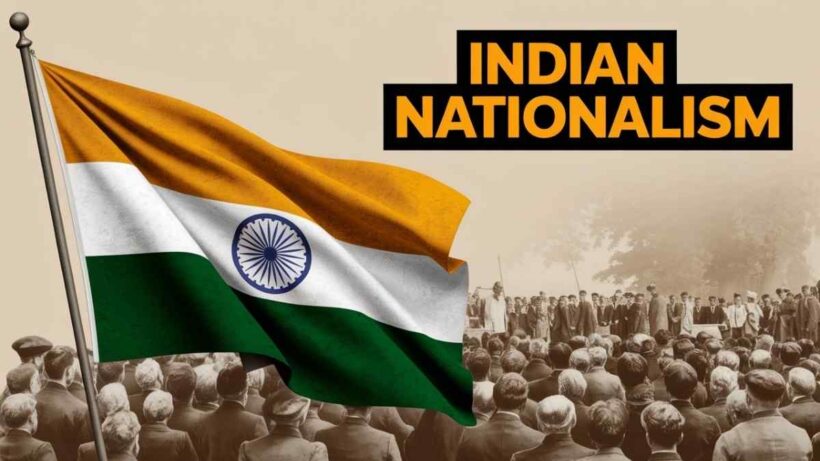
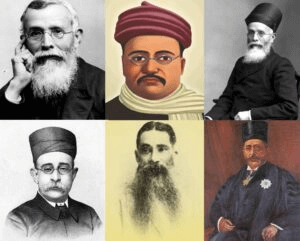
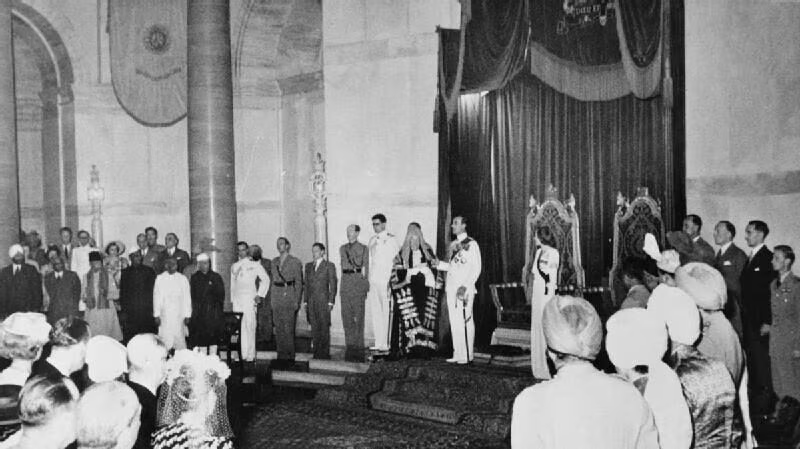
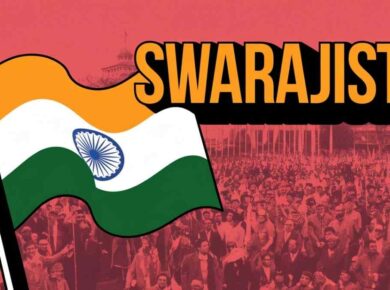
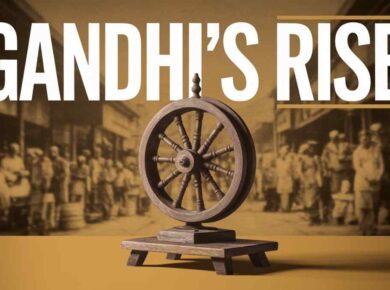
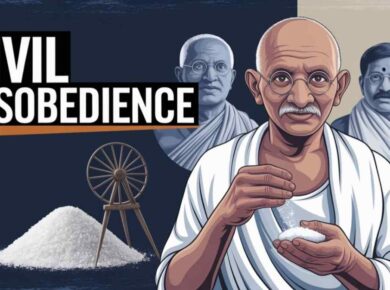
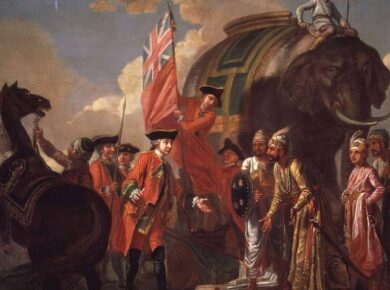
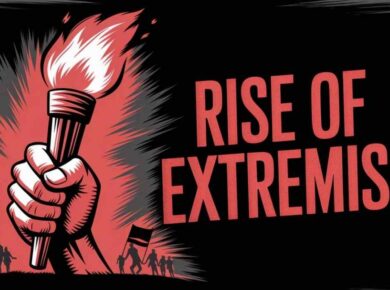
8 comments
thankyou very much to share the knowledge.
I have already read all this. There is nothing new in this …. i don’t like this wage….
Grand old man of south india is S. Subramanya Aiyar and not the G Subramanya Aiyar.
very helpful thank you very much
Very helpful in my studies also
Correction: Sudharak was Published by Gopal Ganesh Agarkar not Gokhale.
Correct
very helpful